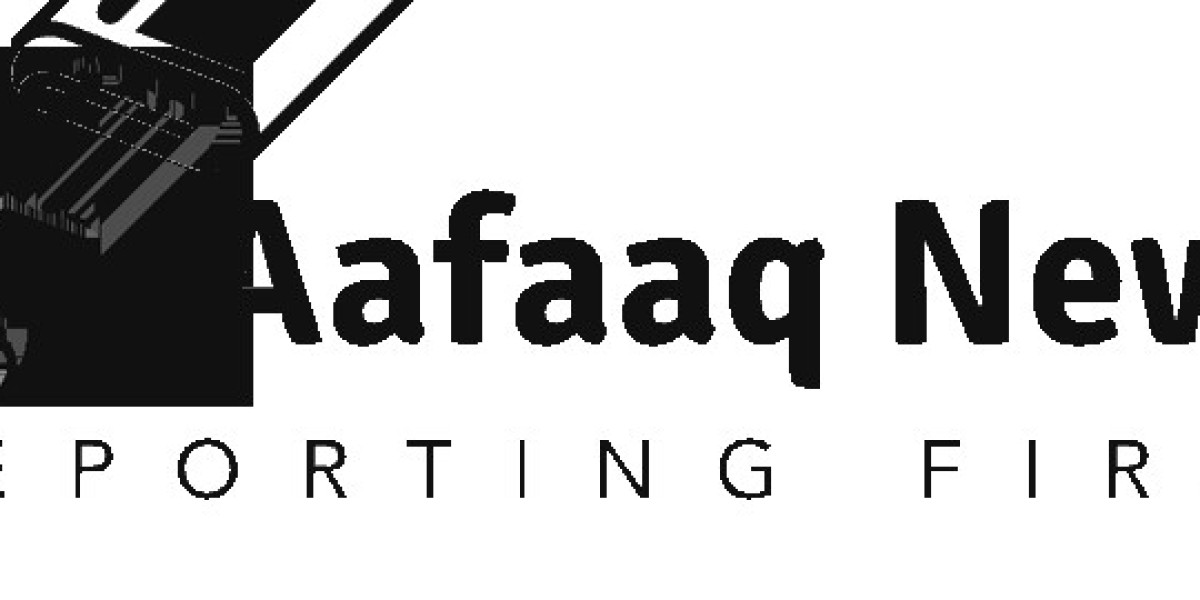Fighting jihadist terrorism will be one of the first and most complex challenges for Hassan Sheikh Mohamud (President of Mohamud) for 15 years, the Al Shabaab group which affiliated with Al Qaeda in 2012 has sown terror among the Somali population and, although with less strength and capacity than in past times, continues to control large rural areas in the center and south. Since 2017, it has been rivaling a Daesh faction in Somalia for territorial power and social dominance. According to the 2021 Jihadist Terrorism Yearbook, prepared by the International Observatory for International Terrorism, Somalia, the ninth country most affected by jihadist violence in the world suffered 59 jihadist attacks, which resulted in a dramatic toll of 333 fatalities.
“Al Shabaab says the Yearbook has had an upturn in terrorist activity in Somalia and, to a lesser extent, in Kenya throughout 2021. In the Somali case, this increase is associated with political instability and the organization's desire to create imbalance and insecurity in the long term. All this is encouraged by government fragility and corruption among the elites.
During the long electoral process, the jihadist group has reinforced its campaign of terror, especially in the capital Mogadishu, including attacks directed against the international forces of the United Nations: the last one just days before the vote in Parliament, which caused at least four fatalities.
International Cooperation in Somalia:
Since 2007, when the first interim government entered Mogadishu, the African Union Mission for Somalia (AMISOM) has led the fight against jihadist groups and the protection of the Somali population. Since then, and after suffering thousands of casualties in attacks and jihadist attacks, this African force has managed to decimate the Al Shabaab fortress and expel them from their territorial domains. However, their constant effort has not been enough to eradicate the terrorist threat, which is still very present today in this country in the Horn of Africa.
After fifteen years on the ground, AMISOM concluded its mandate at the end of March 2022 and is gradually being replaced by the African Union Transition Mission in Somalia (ATMIS) which with a smaller but more versatile entity and agile will have its main objective to assume security responsibilities and, at the end of its two-year mandate, hand over security to the Somali National Army so that it can autonomously take charge of protecting the population and integrity of the State.
To read such interesting and informative Somalian news, do not miss to visit aafaaqnews.com for the latest updates and news about Somalia.



